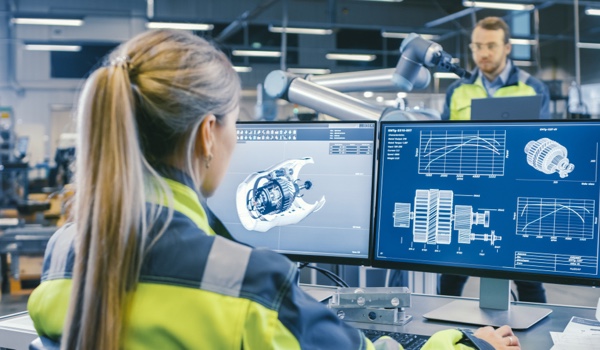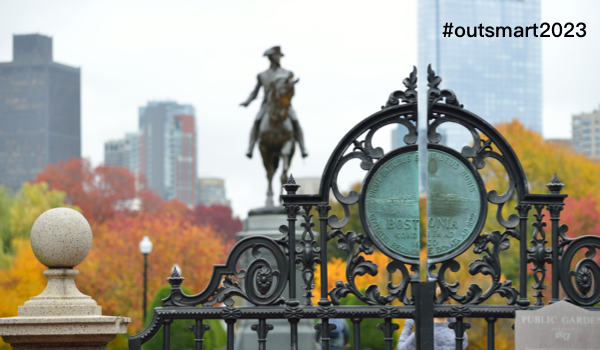


DEGGENDORF, GERMANY - Many stakeholders in artificial intelligence (AI) for mechanical engineering mostly think that predictive maintenance, i.e., the automated determination of the condition of equipment, is the one use case worth working on.
However, predictive maintenance only scratches the surface of the potential that AI can provide. In addition, there are now so many more opportunities for AI to turbocharge mechanical engineering. This article argues why AI is important to the field of mechanical engineering and presents two successful AI use cases that add real value in special purpose machinery.
AI opportunities in mechanical engineering
Due to new technological opportunities, a vacuum of possibilities and challenges has been created in mechanical engineering: digitization, digitalization and digital transformation can be performed by many different players on the market. Typical mechanical engineering companies can develop and turn into digital performers. Likewise, leaders in information technology and tech companies can conquer a new market share and fill this vacuum. Tech companies put pressure on this open field, while manufacturers try to grow from the downside up to technological strength.
According to McKinsey, 58 percent of manufacturers and 84 percent of suppliers expect outside competitors to enter manufacturing industries.1
A major part of this vacuum will be filled by AI applications. AI also makes it possible to automate human decision-making, mainly by examining historical data and finding statistical patterns in them. McKinsey also makes the argument that there is enormous potential for AI in the field of engineering as a whole.2
Reducing the number of simulation runs
Du
The content herein is subject to copyright by The Yuan. All rights reserved. The content of the services is owned or licensed to The Yuan. Such content from The Yuan may be shared and reprinted but must clearly identify The Yuan as its original source. Content from a third-party copyright holder identified in the copyright notice contained in such third party’s content appearing in The Yuan must likewise be clearly labeled as such. Continue with Linkedin
Continue with Linkedin
 Continue with Google
Continue with Google









 2417 views
2417 views








